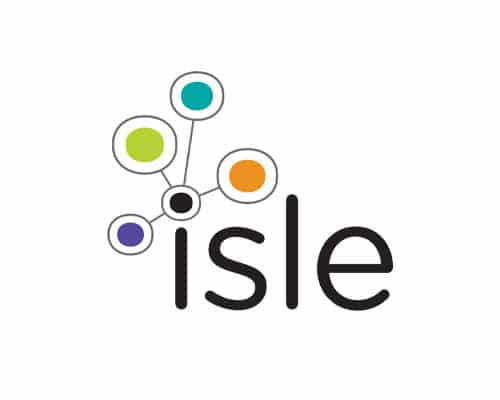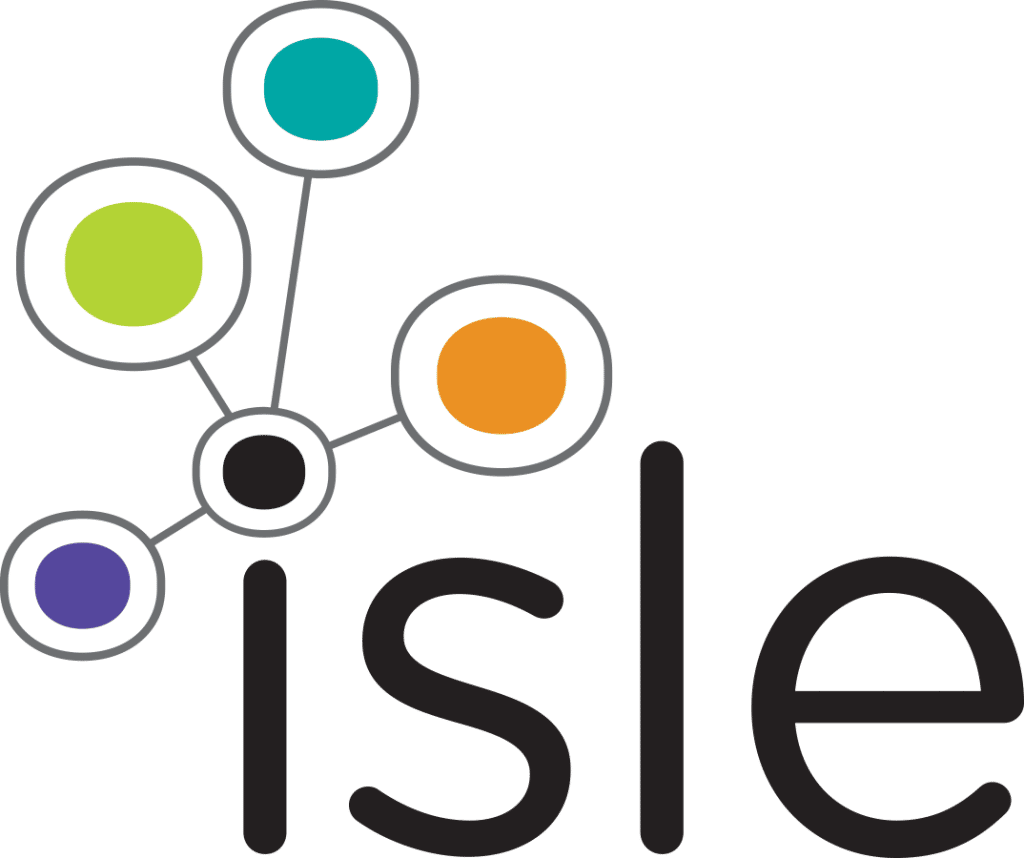Eleven winners of the Innovation in Water Challenge (IWC) will receive up to £250,000 each for initiatives such as converting waste into green energy and using artificial intelligence and CCTV to spot leaks.
Run by Ofwat and Nesta Challenges, and supported by Arup and Isle Utilities, the IWC’s goal is to fund transformational innovation to key challenges in the water sector.
This was the first in a series of competitions funded through Ofwat’s Innovation Fund that aims to create new collaborations in the water sector so it can meet the needs of customers, society and the environment now and in the future.
Innovations that turn ammonia in wastewater into green energy and use artificial intelligence (AI) or unexploited telecoms cables to detect leaks in the water network are among the winners of Ofwat’s inaugural £2 million Innovation in Water Challenge (IWC).
Eleven collaborative initiatives led by water companies and involving a number of partner organisations, will receive up to £250,000 each to tackle the biggest issues facing the water sector in England and Wales.
The winning entries, recommended by an independent panel of judges, include green initiatives such as planting and restoring seagrass meadows on the Essex and Suffolk coastlines, a scheme to turn ammonia in wastewater into green hydrogen gas, and software that can monitor the degradation of wildlife habitats. Other ideas focus on the prevention of leaks in the water network through the use of AI, CCTV, and unexploited optical fibre strands in telecoms networks, as well as using behavioural science to better support vulnerable customers.
John Russell, Senior Director at Ofwat, said: “Innovation has the potential to drive a sea-change in the water sector and tackle some of the biggest challenges we are facing in society. Solutions that turn wastewater into green hydrogen and the use of artificial intelligence to detect leaks are just some of the cutting-edge winning initiatives that we hope will make a real impact in the coming months and mark the beginning of a new wave of innovation in the sector.
“We were particularly pleased to see so many water company collaborations among the entries, and the winning proposal for the development of the sector’s Innovation Centre of Excellence will be crucial in driving future change. We are looking forward to the future rounds of the competitions and supporting even more transformative projects to fruition over the coming years.”
Run by Ofwat and Nesta Challenges, and supported by Arup and Isle Utilities, the IWC was the first competition this year within Ofwat’s £200 million Innovation Fund. It is part of the regulator’s goal to create an innovative and collaborative water sector that meets the evolving needs of customers, society and the environment in the years to come.
Chris Gorst, Director of Challenges at Nesta Challenges, commented: “It’s an important moment for the water sector, which must adapt and innovate to build a sustainable water ecosystem that benefits customers, society and the environment. We were delighted to see such strong collaboration both within and beyond the sector in response to this first Innovation in Water Challenge, and we look forward to seeing these innovations developed and adopted widely in the sector.”
Rachel Skinner, President of the Institution of Civil Engineers and chair of the IWC judging panel, said: “It was refreshing to see such a high standard of entries across the breadth of the water sector in this inaugural funding round. Taken together, the shortlisted entries provided a clear snapshot of the industry and its current challenges but also multiple opportunities for widespread transformation in diverse areas ranging from the urgent need for accelerated action on climate mitigation and resilience, to new ways to build value for customers as the social and economic impacts of COVID-19 play out. They also highlighted huge potential for onward cross-sector learning and collaboration that will now be explored in detail. I’m very much looking forward to seeing the funded projects take flight.”
The Innovation in Water Challenge winning entries are:
To find out more about the IWC and the winning entries, including the full list of project partners, visit waterinnovation.challenges.org.
1. The AI & Sewer Defect Analysis project will use artificial intelligence and machine learning to automatically recognise features in CCTV inspection of sewers. This will give a better understanding of sewer deterioration and reduce the cost of inspections.
2. CatchmentLIFE will build bespoke software that volunteers and experts can use, showing the impacts of habitat degradation on wildlife and ecological communities.
3. Enabling Whole Life Carbon Design will deliver tools and processes to support the cultural and behavioural changes necessary to deliver low whole life carbon and cost solutions and ultimately zero carbon emissions as a water industry.
4. Industrial Symbiosis will look at new ways waste or by-product materials from one company can be used as the raw materials for another.
5. Leak Detection using Dark Fibre will use unexploited optical fibre strands in existing telecoms cables to detect and therefore prevent leaks in water and wastewater networks.
6. The Organics Ammonia Recovery project will recover ammonia in wastewater and turn it into green hydrogen fuel – a first for the industry.
7. Reservoir water community monitoring for algal associated risk assessment will build on environmental DNA monitoring methodologies to detect algae in drinking water so as to improve the taste and smell.
8. Seagrass Seeds of Recovery will restore seagrass and improve estuaries and coastal waters by increasing biodiversity and absorbing carbon and nitrogen emissions.
9. Smarter Tanks to build a resilient network will explore how to best monitor drinking water and rainwater storage tanks using real-time monitoring and control solutions, to see if more water can be stored when needed most, such as during extended dry periods or drought.
10. Supporting customers in vulnerable circumstances will use behavioural science to improve engagement with hard-to-reach customers and communities during planned and unplanned events, including help to manage bills and understanding which forms of communication customers prefer.
11. A partnership of many water companies will lead the delivery of UK Water Sector Innovation Centre of Excellence (CoE) – a virtual innovation accelerator hub to promote collaboration in and beyond the water sector and drive transformational innovation.
Ofwat’s second competition for 2021, the £40m Water Breakthrough Challenge, opens for entries on 6 May 2021. This fund is for initiatives that water companies would otherwise be unable to invest in or explore – and may exist in other sectors of the economy or worldwide. This might include, for example: trialling new technology, commercial models, ways of working or business practices.
A second round of the IWC will open for entries in Autumn 2021.

